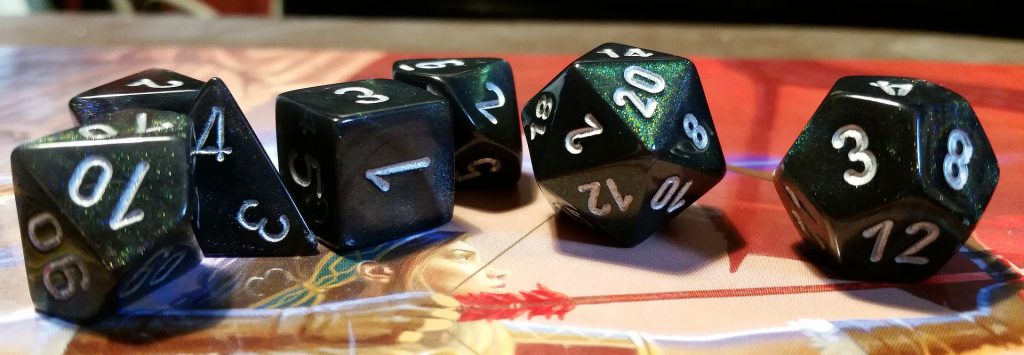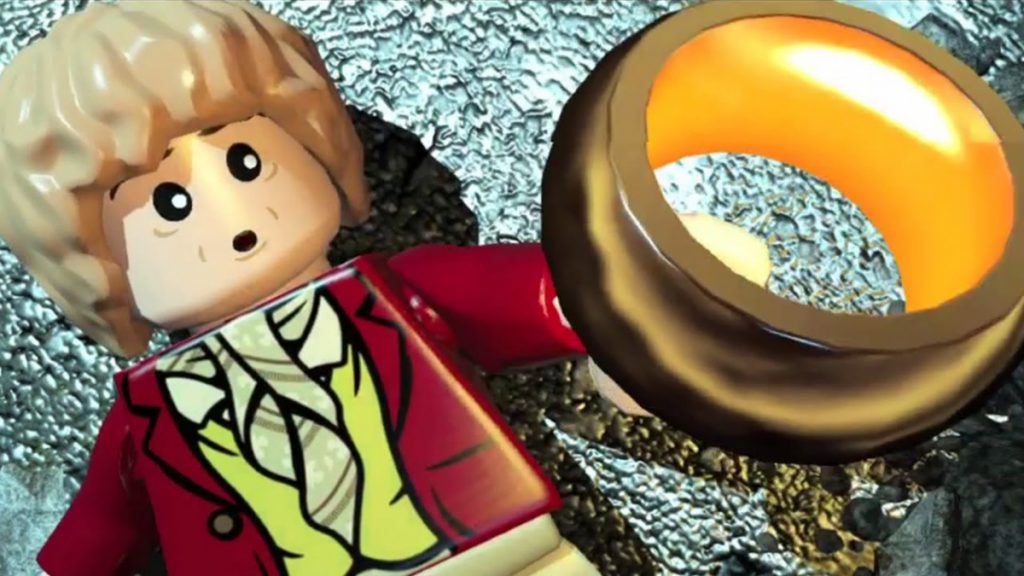Books That Shouldn’t Be Video Games
We’ve already talked at length about literary video games you should play, but what about literary games you shouldn’t play? What about video games based on books that, by their very nature, would be no fun at all? Here’s some of those imagined video games, which we should all be very glad don’t exist.
Middlemarch, by George Elliot
The player chooses to play as either Dorothea Brooke, orphan and researcher, Tertius Lydgate, an idealistic young doctor, Mary Garth, practical and plain nurse or Nicolous Bulstrode, pious banker with a sordid past. No matter which character you choose, you will be drowning in side-quest requests from hundreds of NPCs, most of which you will not remember, yet will somehow owe money to.
One Hundred Years of Solitude, by Gabriel García Márquez
A dating sim on a truly impressive scale, this game has you move through seven generations of the Buendía family. Sail the world, gain tatooes, seduce your dirt-eating adopted sister, and learn to play he clavichord with an inflexible discipline. But watch out you don’t ascend to heaven doing the laundry, run afoul of the 17 Aurelianos, die at the same moment your twin does, or be devoured by ants!
Infinite Jest, by David Foster Wallace
Playing as new enrollee in Enfield Tennis Academy sounds simple enough, but with the games multiple timelines, it becomes difficult to discern whether you are playing as the character you created, that character’s father, or someone else entirely. The Eschaton tennis mini-game is diverting but ultimately frustrating, in an attempt to stay true to the source material.
Atlas Shrugged, by Ayn Rand
A “Where In The World Is Carmen Sandiego” knock-off, this game is basically a train simulator as you travel the world looking for the mysterious John Galt. With more text than the gameplay really warrants, players that make it through to the ending will be either be disappointed at its anticlimactic nature, or thrilled that there’s yet another wordy monologue to scroll through.
The Castle, by Franz Kafka
The player inhabits the role of K., a land surveyor who becomes enmeshed in the nonsensical bureaucracy, red tape and paperwork of a small village overseen by a mysterious castle. File forms, fill out requests, and try desperately to see the official who hired you to no avail. Oh, and there’s no ending.
House of Leaves, by Mark Z. Danielewski
The player starts as Johnny Truant, on an apartment hunt, before some awkwardly transitioning to game about Navidson family and their odd, size-changing house. Some parts of the game can only be played in a mirror, or upside down; other parts only work as online component, with other players (some of whom may be fictional? It’s unclear). Finishing both the game and the game within a game unlocks a third game, “The Whalestoe Letters,” which simultaniously explains things and leaves the player even more confused.

Jadzia Axelrod
Jadzia Axelrod is an author, an illustrator, and a world changer. Throughout her eventful life she has also been a circus performer, a puppeteer, a graphic designer, a sculptor, a costume designer, a podcaster and quite a few other things that she’s lost track of but will no doubt remember when the situation calls for it.She is the writer and producer of “The Voice Of Free Planet X” podcast, were she interviews stranded time-travelers, low-rent superheroes, unrepentant monsters and other such creature of sci-fi and fantasy, as well as the podcasts “Aliens You Will Meet” and “Fables Of The Flying City.” The story started in “Fables Of The Flying City” is concluded in The Battle Of Blood & Ink, a graphic novel published by Tor.She is not domestic, she is a luxury, and in that sense, necessary.




